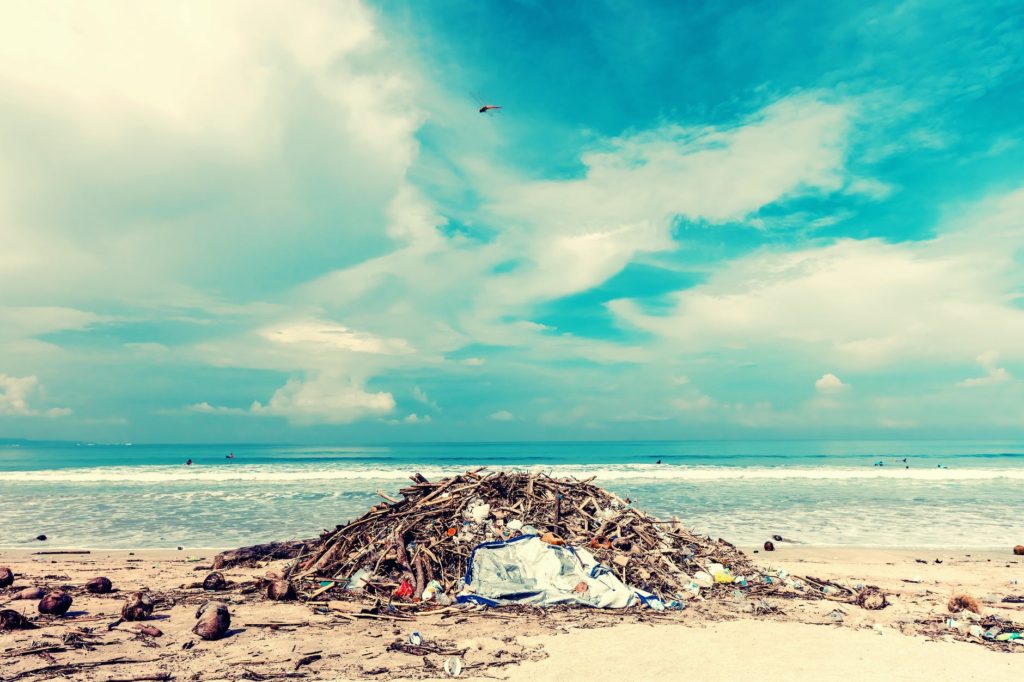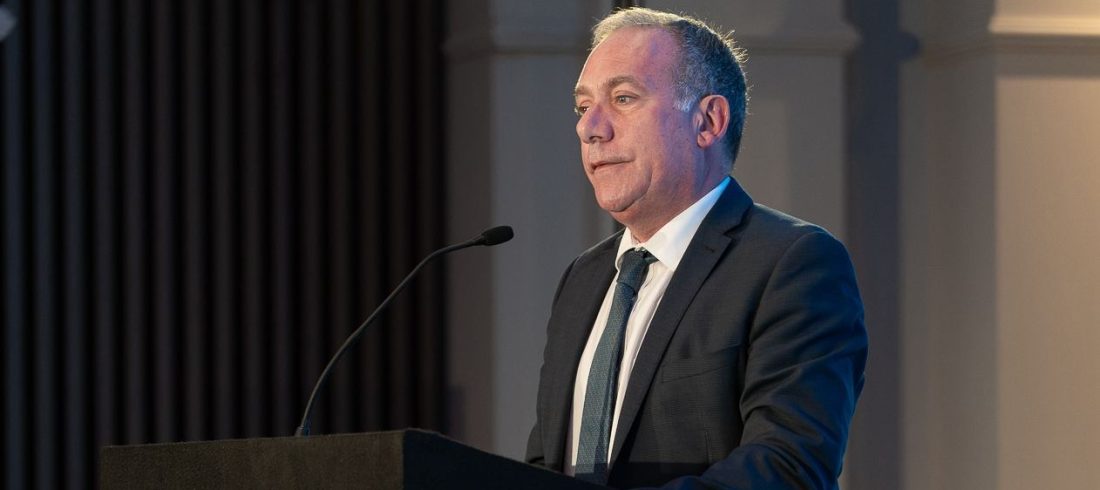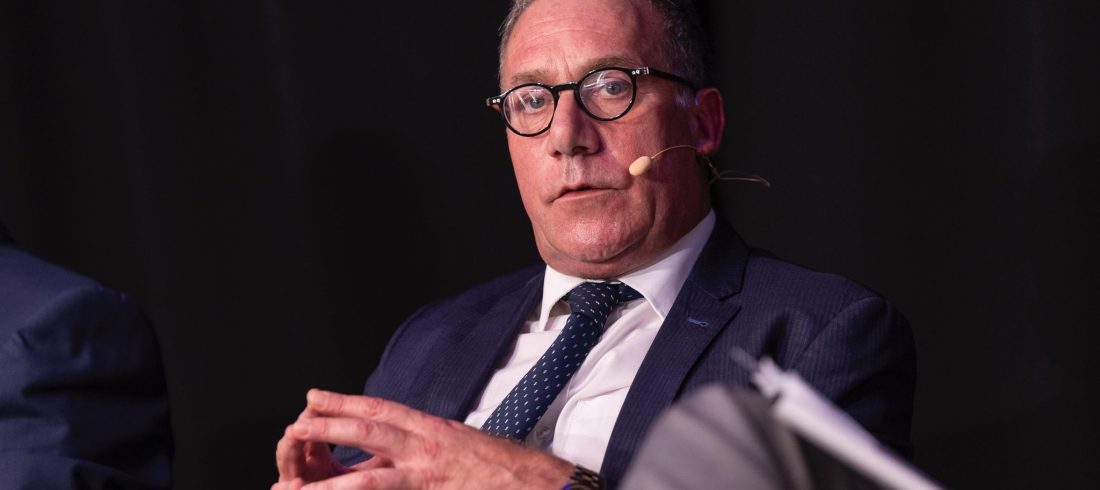
What is Waste Management?
Waste Management refers to the various schemes which manage and dispose of waste. It can be by discarding, destroying, processing, recycling, reusing, or controlling waste. The prime objective of waste management is to reduce the amount of unusable materials and to avert potential health and environmental hazards.
In virtue of the above, a waste hierarchy has been created as a guide for one to minimise as much as possible the waste that can be created. In fact, such waste hierarchy has largely been considered to be the cornerstone of European and national waste policies and legislation, ranking waste management options in a specific order according to their environmental impact. Its primary purpose is to minimise adverse environmental effects from waste and to increase and optimise resource efficiency in waste management and policy. Such hierarchy consists of the following:
- Prevention: the best way to deal with waste is to prevent its occurrence by using alternatives that don’t create waste.
- Re-use: rather than throwing things away, it vital to see if it can be used again, repaired or repurposed.
- Recycle: when an item is converted back into raw materials, that can be used to create new products.
- Recover: certain waste can be converted into energy, allowing one to recover some of its initial value.
- Dispose: this option is to be applied only when waste absolutely cannot be reused, recycled or recovered.
What are the main statutes and regulations relating to Waste Management?
The main piece of legislation governing waste is the Environment Protection Act (EPA), Chapter 549 of the Laws of Malta, with the various aspects of waste management regulated by the Act’s subsidiary legislations (SLs).
In terms of the EPA, the Minister responsible for the Environment may, with regard to waste management, classify waste and prescribe rules in relation thereto.
Moreover, the relevant Subsidiary Legislations regulating Waste Management are:
- The Waste Regulations (SL549.63);
- The Waste Management (Activity Registration) Regulations (SL549.45); and
- The Waste Management (Packaging and Packaging Waste) Regulations (SL549.43).
The Waste Regulations (S.L.549.63) are the overarching national legislation on waste and aim to transpose the provisions of the Waste Framework Directive 2008/98/EC of the European Parliament and of the Council of 19 November 2008 on waste.[1]
In addition, these regulations provide a framework to protect the environment and human health by preventing or reducing the generation of waste, the adverse impacts of the generation and management of waste and by reducing overall impacts of resource use and improving the efficiency of such use, which are crucial for the transition to a circular economy.
The Waste Regulations also set the basic concepts and definitions related to waste management as well as portray the main waste management principles such as:
- The waste hierarchy;
- The polluter pays principle;
- Extended Producer Responsibility (EPR);
- When waste ceases to be waste to become a secondary raw material (end-of-waste criteria);
- How to distinguish between waste and by-products;
- The list of waste;
- Hazardous waste;
- The difference between municipal waste, household waste and biowaste;
- Waste Management Plan.
On the other hand, the Waste Management (Activity Registration) Regulations (S.L.549.45) essentially provide for additional measures, procedures and guidance to those in the Waste Regulations.
Packaging waste is dealt with in the Waste Management (Packaging and Packaging Waste) Regulations (S.L. 549.43) which, in a nutshell, oblige producers of packaging waste to collect, recover and recycle such waste. The scope of these regulations is to bring into effect the provisions of the European Parliament and Council Directive of 9th March 2005 amending Directive 94/62/EC on packaging and packaging waste.[2]
The directive’s objective is mainly two-fold- to harmonise national measures concerning the management of packaging and packaging waste in order to:
- prevent any impact thereof on the environment of all Member States as well as of third countries or to reduce such impact thus providing a high level of environmental protection; and
- ensure the functioning of the internal market and to avoid obstacles to trade and distortion and restriction of competition within the European Union.
These regulations apply to all packaging put on the market in Malta and all packaging waste, whether it is used or released at industrial, commercial, office, shop, service, household or any other level, regardless of the material used, unless such packaging is expressly excluded from the application of these regulations.
Moreover, such regulations also provide for additional measures, procedures and guidance to those in the Waste Regulations, which aim:
- as a first priority, at preventing the production of packaging waste; and
- as additional fundamental principles, at reusing packaging, at recycling and other forms of recovering packaging waste and hence, at reducing the final disposal of such waste.
2020 Amendments and introduction of the Beverage Containers Recycling Regulations
In 2020 changes to SL.549.43 took place. Whilst Legal Notice 310 of 2020 brought about an amendment to the Waste Management (Packaging and Packaging Waste) Regulations, Legal Notice 311 of 2020 brought into force the Beverage Containers Recycling Regulations (S.L. 549.134).
The raison d’etre of the Waste Management (Packaging and Packaging Waste) (Amendment) Regulations, 2020 is mainly to streamline the Waste Management (Packaging and Packaging Waste) Regulations (S.L. 549.43), with the Beverage Containers Recycling Regulations.
In fact, the amendment carried out through Legal Notice 310 of 2020 serves to partially exclude certain packaging and producers from the scope of S.L 549.43 owing to the fact that such packaging will now be regulated by the Beverage Containers Recycling Regulations, and thereby avoiding duplication and overlap of regulations.
In light of the above, the amending regulation in question sees the addition of a new sub-regulation (6) to regulation 2 of S.L. 549.43, which specifically excludes from the scope of the Waste Management (Packaging and Packaging Waste) Regulations, within the limits further defined therein and to the extent that these are covered by the Beverage Containers Recycling Regulations:
- Beverages in beverage containers intended to be placed on the national market; and
- A producer of beverages in beverage containers, i.e. any person importing, bottling, canning or otherwise filling beverages in beverage containers intended to be placed on the market within the territory of Malta.
The sub-regulation further clarifies that the provisions of SL.459.43 shall still apply to producers of beverages in beverage containers who place other packaging or packaging material on the market (other than the beverage containers referred to in the Beverage Containers Recycling Regulations).
Finally, the sub-regulation stipulates that certain provisions of S.L 549.43 will nonetheless remain applicable to all – namely, regulations 4, 5, 6, 7, 11, 18 and Schedule 2, which essentially govern the placement of packaging on the market of Malta.
As to the Beverage Containers Recycling Regulations (S.L.459.134), its scope is mainly to enhance the circular economy by establishing a Beverage Container Refund Scheme, to enhance the collection and recycling of beverage containers, increase recycling efforts and reduce littering.
These Regulations implement the provisions of Directive 94/62 of the European Parliament and of the Council of the 20th December 1994 on packaging and packaging waste with respect to beverage containers and form part of the Maltese Government’s Single-Use Plastics Products Strategy for Malta 2020-2030.
Miscellaneous
The Code of Police Laws, Chapter
10 of the laws of Malta, prohibits all persons from throwing or dumping refuse
or rubbish in any place, and from accumulating rubbish and refuse, dirty,
polluted or stagnant water, sewage and other foul matter. Any person found
guilty of breaching the above will be liable on conviction to a fine.
Resources:
[1] repealing Directives 75/439/EEC, 91/689/EEC and 2006/12/EC.
[2] Also amending Directive 2004/12/EC of the European Parliament and of the Council of 11 February 2004


